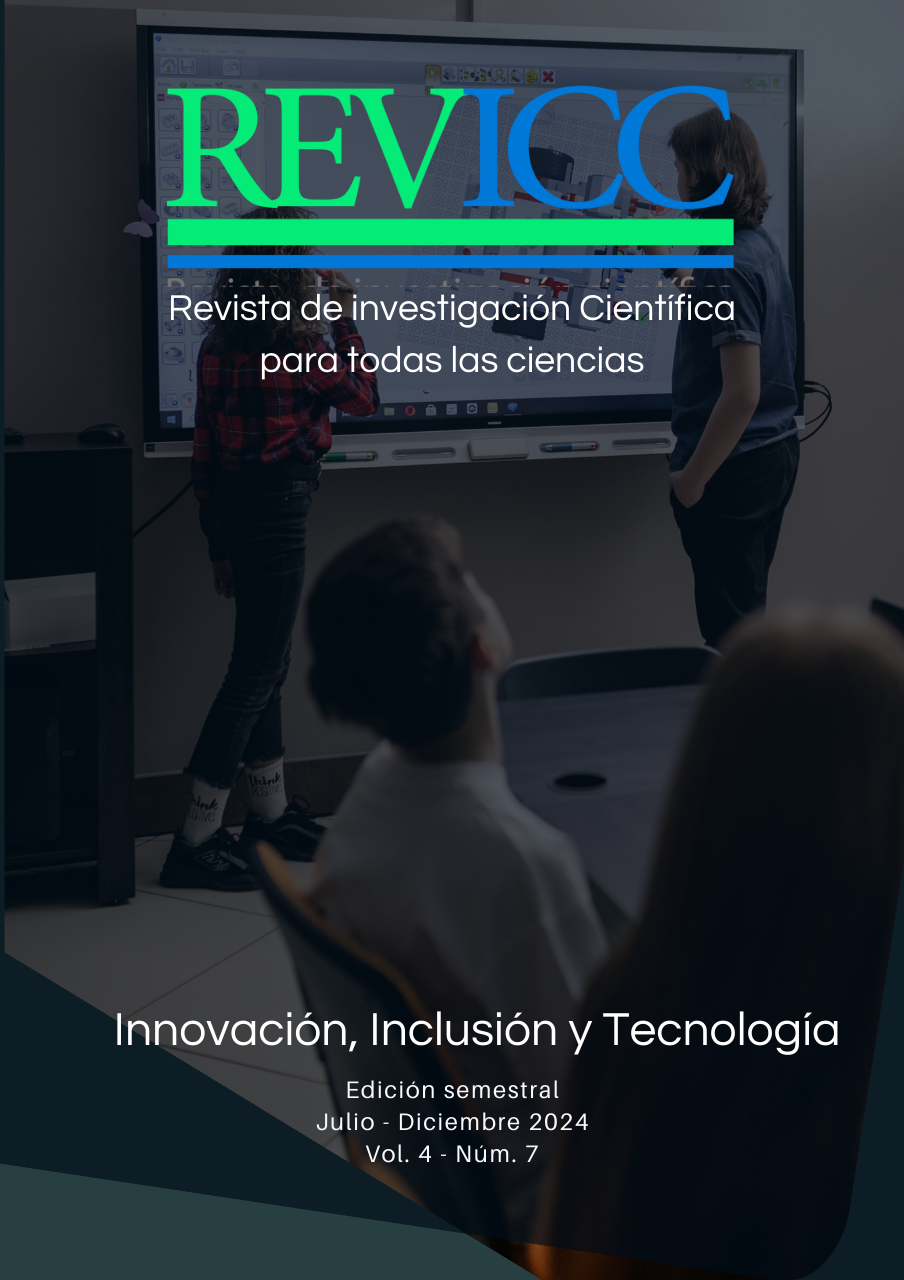Gamification in the actors of the teaching-learning process of the university community.
Main Article Content
Abstract
In today's higher education, with its constant change, university students exhibit diversity in profiles and characteristics. This has led to a reconsideration of the teaching-learning process, demanding more adaptable approaches. In this context, gamification emerges as an innovative educational strategy. It seeks to transform the learning experience at the University of Guayaquil and the university environment in general. By employing video game concepts, it is intended to involve and motivate teachers and students, creating an interactive and enriching environment. The study analyzes the effects of gamification in the university community. It seeks to explore its capacity to promote a proactive attitude in learning and participation in academic development. Both faculty and student perspectives are analyzed, investigating effective practices to engage students. In addition, challenges such as adapting game dynamics to academic subjects are addressed. To support the study, existing literature is reviewed and case studies and real testimonials are incorporated. The objective is to encourage reflection on gamification as a valid and effective tool for improving higher education. The findings are expected to enrich educational practice, promoting the adoption of innovative student-centered approaches. The main objective of this study is to analyze the application of gamification at the University of Guayaquil. Google Form is used to collect quantitative data on the acceptance, effectiveness and satisfaction of the strategy. The relevance lies in providing substantial information on the viability of gamification as a pedagogical resource.
Downloads
Metrics
Article Details
Esta obra está bajo una licencia internacional Creative Commons Atribución-NoComercial-CompartirIgual 4.0.
![]()


